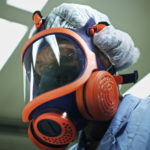
University of Birmingham purchase land for new life sciences park
The University of Birmingham has completed the purchase of 9.9 acres of land at the Battery site in the Selly Oak area of the city, and plans to work with partners to develop the site into a brand new life sciences park (University of Birmingham, 2017). Birmingham Life Sciences Park will include state-of-the-art research and … Continue reading University of Birmingham purchase land for new life sciences park
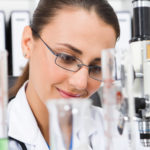
Scientists reverse ageing in mice
Researchers have developed a molecule that selectively destroys senescent cells, which are frail and damaged cells that age people and promote disease (Science, 2017). The compound makes old mice act and appear more youthful. “It’s definitely a landmark advance in the field,” said cell and molecular biologist Francis Rodier from the University of Montreal, who … Continue reading Scientists reverse ageing in mice
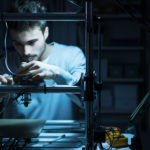
3D printed cartilage successfully implanted in mice
Researchers at Chalmers University of Technology and Sahlgrenska Academy have successfully induced human cartilage cells to live and grow in mice, using 3D printing (Scienmag, 2017). The results were recently presented in Plastic and Reconstructive Surgery Global Open. “This is the first time anyone has printed human-derived cartilage cells, implanted them in an animal model … Continue reading 3D printed cartilage successfully implanted in mice
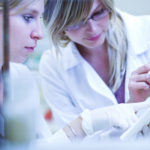
Artificial lungs light enough to be carried in a backpack
An artificial lung that’s small enough to be carried in a backpack has been shown to work in sheep (New Scientist, 2017). It’s one of several devices being developed that could transform the lives of people with lung failure, who are currently dependent on large machines. The new device still requires an oxygen tank to … Continue reading Artificial lungs light enough to be carried in a backpack
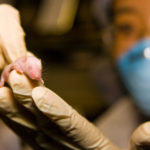
Why you shouldn’t pick lab mice up by their tails
A new study shows how mice are picked up can substantially change their behaviour in cognitive tests (University of Liverpool, 2017). The work, by Dr Kelly Gouveia and Professor Jane Hurst from the University of Liverpool was funded by the NC3Rs and is published in Scientific Reports. The researchers discovered that mice handled by a … Continue reading Why you shouldn’t pick lab mice up by their tails
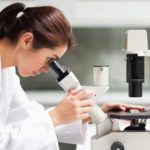
University of Birmingham study finds new class of androgens play key role in polycystic ovary syndrome
Scientists led by the University of Birmingham have discovered that a new class of androgens plays a key role in the development of polycystic ovary syndrome (PCOS) (University of Birmingham, 2017). The research, published online on March 13th 2017 in the Journal of Clinical Endocrinology and Metabolism (April 2017 issue), shows that these novel androgens … Continue reading University of Birmingham study finds new class of androgens play key role in polycystic ovary syndrome
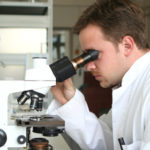
New role for immune cells in preventing diabetes and hypertension
Immune cells which are reduced in number by obesity could be a new target to treat diseases such as type 2 diabetes and hypertension that affect overweight people, according to a collaborative study between the University of Manchester, Lund University and the University of Salford (University of Manchester, 2017). In a study published in Scientific … Continue reading New role for immune cells in preventing diabetes and hypertension
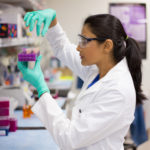
New centre to help accelerate development of new antibiotics to open
A state-of-the-art research centre to help accelerate the development of new antibiotics is set to be established by the University of Liverpool (University of Liverpool, 2017). The University of Liverpool has been awarded £630,000 of infrastructure funding by Innovate UK to create the Centre for Antimicrobial Pharmacodynamics (CAP) in partnership with Liverpool School of Tropical … Continue reading New centre to help accelerate development of new antibiotics to open

Phage therapy shown to kill drug-resistant superbug
Scientists from the University of Liverpool’s Institute of Infection and Global Health have shown that phage therapy could offer a safe and effective alternative to antibiotics in the treatment of cystic fibrosis lung infections (University of Liverpool, 2017). Chronic lung infections caused by the bacterium Pseudomonas aeruginosa are becoming increasingly difficult to treat due to … Continue reading Phage therapy shown to kill drug-resistant superbug
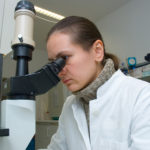
A new way to kill cancer cells
Researchers from the University of Liverpool have identified a new way to kill certain cancer cells by starving them of a key nutrient (University of Liverpool, 2017). The finding could lead the way to more personalised treatment of certain cancers. In a paper published in Cell Reports, scientists including Ioannis Poursaitidis and Xiaomeng Wang from … Continue reading A new way to kill cancer cells








